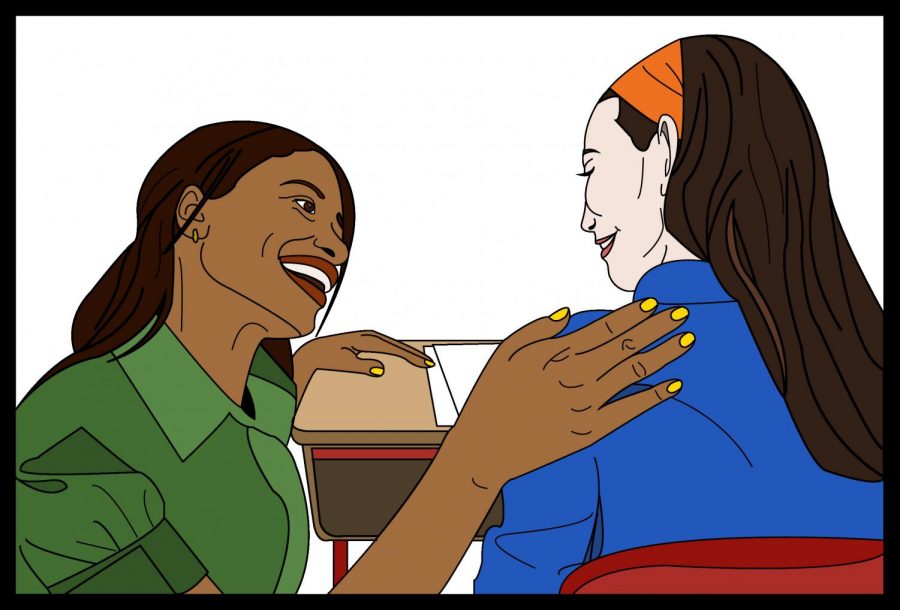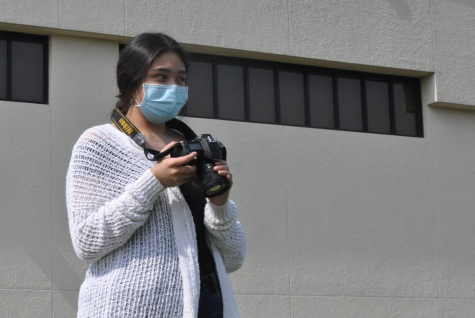Students’ mental health calls for school support
In a world where more and more school-aged children and young adults face mental health problems, support for those who struggle with these issues should be commonplace in schools. Approximately one in five teenagers aged 13-18 live with mental health conditions, such as general anxiety and major depressive disorder, according to the National Alliance on Mental Illness (NAMI). And, according to the Mayo Clinic, complications resulting from those conditions can include missed school or other school-related problems as well as self-harm and suicide. Schools should hire mental support experts to meet the rising demand of student struggles.
Just as classroom accommodations for students with learning disabilities improve school performance, implementing mental health assistance would improve the academic performance of students with disorders like anxiety or depression. Introducing specialists into schools could be another form of student aid, helping them manage their struggles so they can better focus on school.
One of the most obvious and important reasons to help students with their mental health is the prevention of suicide and self-harm. Studies show that just 10 brief verbal therapy sessions reduced repeat suicide attempts by up to 50%. If professionals can talk to students who are considering suicide or self-harm before they take action, they could possibly give them a safe outlet.
Another practical benefit of introducing mental health professionals to schools is building the self-awareness skills students can use in adulthood. Approximately 75% of those with mental health issues developed these struggles before age 24, according to NAMI. Specialists can inform students about unhealthy habits and constructive coping mechanisms, shaping a higher-functioning adults in the future.
Although schools already have counselors available to students, they are not certified in emotional therapy. This is reasonable at the elementary and middle school level because counselors go through training to understand the warning signs of mental health disorders and can refer students to an out-of-school counselor. However, as children grow older and school populations grow larger, high school counselors have more students assigned to them and although they are still trained to assist and refer students, they don’t have as much time to consistently monitor them.
To realistically introduce certified emotional counselors to the education system, schools at the primary level (elementary and middle school) could take a more active role in recommending mental health professionals outside of school. At the high school level, a professional or professionals could be available to meet with students once a week during their lunch period, lessening the amount of students who need in-school counseling as they enter high school and providing support for those who do. This will, in turn, improve students’ performance in school, keep them healthy and safe, and teach them the coping mechanisms needed in their adult life.











